Cotton Incorporated Works with Plastic Leak Project to Tackle Plastic Pollution
March 11, 2020
Tackling Plastic Pollution
Cotton Incorporated is proud to be a stakeholder in the Plastic Leak Project — a multi-stakeholder initiative created to address plastic pollution worldwide.
Cotton Incorpoated works to educate stakeholders about the damage synthetic fibers have on the environment when microplastics are leaked (from manufacturing drainage and personal washing machines) into our soils and waterways, where our research shows they persist almost indefinitely. Research like this is revealing the true cost of using synthetic fibers and pushing the industry to collaborate and address this plastic pollution problem. Cotton Inc. joined the Plastic Leak Project in order to help provide businesses across the supply chain the information and tools needed to imagine a new way of doing business, with new materials. The project had 35 partners across public, private and scientific organizations.
Co-founded by Quantis and EA, The Plastic Leak Project (PLP) delivers the first science-based methodology, industry-specific guidance and metrics that sustainability managers and corporate decision-makers can use to identify and inventory plastic leakage along the value chain. These insights provide businesses with a strong foundation to define meaningful and effective strategies and actions for eliminating plastic pollution.
The Plastic Leak Project’s leakage assessment methodology is a pioneering methodology for measuring plastic leakage and the first step toward having a wholistic level of plastic impacts being accounted for in a life cycle assessment framework. Synthetic textiles, microplastics, and their associated accountability as macroplastics were all major focus areas in this framework.

Stopping Plastic Pollution in its Tracks
To effectively put an end to plastic pollution, businesses must first be able to detect plastic leakage in their own value chains. The development of this methodology is to lay the foundation for a plastic leakage-free future by helping businesses do exactly that.
This is such an important development because it allows the industry to shift from crisis management to metrics-based problem solving to fuel positive change. The results can be used by the following professionals to define priorities, guide eco-design efforts, track progress and communicate credibly about the environmental performance of products and the business as a whole:
- Sustainability managers
- Corporate decision makers
- R&D teams
- Product & packaging designers
- Marketing teams
- Supply chain managers
Designed specifically for business, the PLP guidelines provide companies at all stages of the value chain with a robust, standardized method for calculating and reporting estimates of plastic and microplastic leakage at both corporate and product levels. With a plastic leakage assessment, companies can locate hotspots, understand how much leakage is occurring and identify the main drivers of plastic pollution in their value chain. (Figure 1)

Figure 1
Source: Plastic Leak Project Methodological Guidelines by PLP co-founders Quantis (quantis-intl.com) and EA (shaping-ea.com).
“Through the Plastic Leak Project, we’ve taken the latest science and built consensus among key sectors on a shared method for calculating plastic leakage,” states Julien Boucher, Director of ecodesign center EA. “This actionable metric is a major step forward — it is the tool companies need to design better products and data-driven strategies to stop plastic pollution along their value chains.”
This science-driven approach to tackling plastic pollution enables companies to:
- Minimize risks and build resilience across their value chains
- Uncover opportunities for product and supply chain management innovation
- Strengthen brand reputation by demonstrating leadership in tackling plastic pollution
- Build trust and buy-in among stakeholders through credible communications
The PLP guidelines provide a powerful tool for driving meaningful action with long-term benefits both to business and the environment. To raise awareness on this new methodology for plastic leakage assessment, Quantis is hosting a public webinar with IUCN, Sympatex and Area Foods to present the PLP guidelines and highlight how sustainability managers and corporate decision-makers can leverage this new resource to drive effective plastic pollution strategies. Register for the webinar, “Tackling plastic pollution — introducing science-driven guidelines to address plastic leakage in corporate value chains,” on April 2.
Learn more about the Plastic Leak Project and download the PLP Brief + Methodological Guidelines.
The work we do is possible because of collaborations with researchers and stakeholders like those involved with the Plastic Leak Project and partnerships with people all throughout the value chain. Ready to commit to sustainably produced cotton? Become a Cotton LEADS partner today. Interested in doing even more? Contact us for ideas to get the most out of sustainable cotton and your partnership with Cotton LEADS.


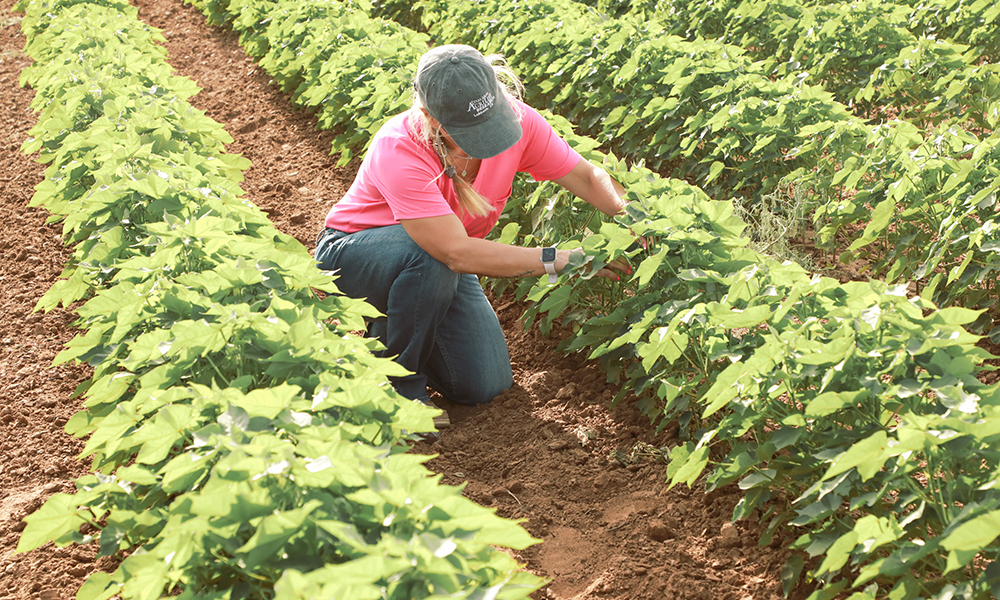
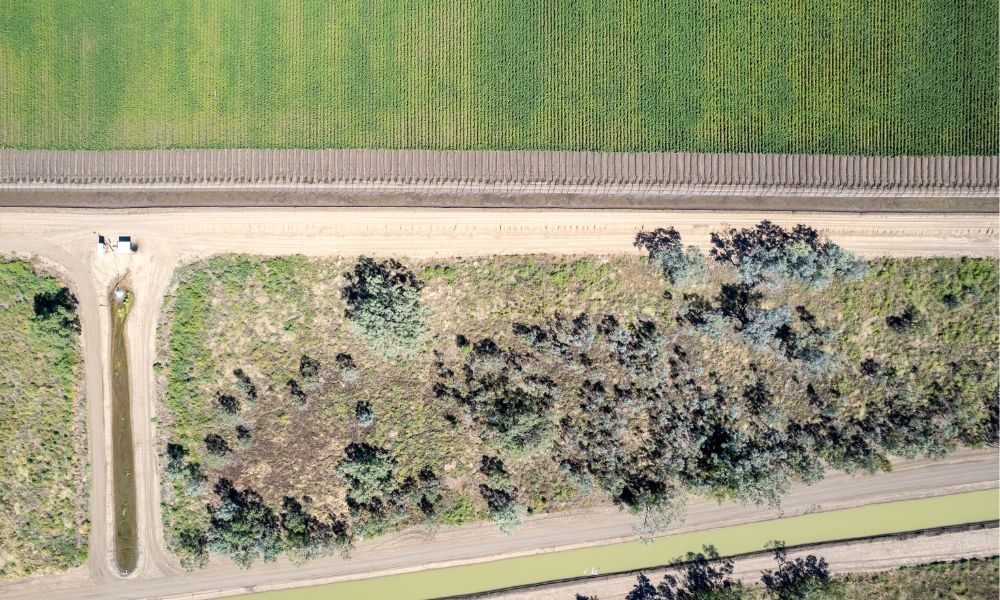
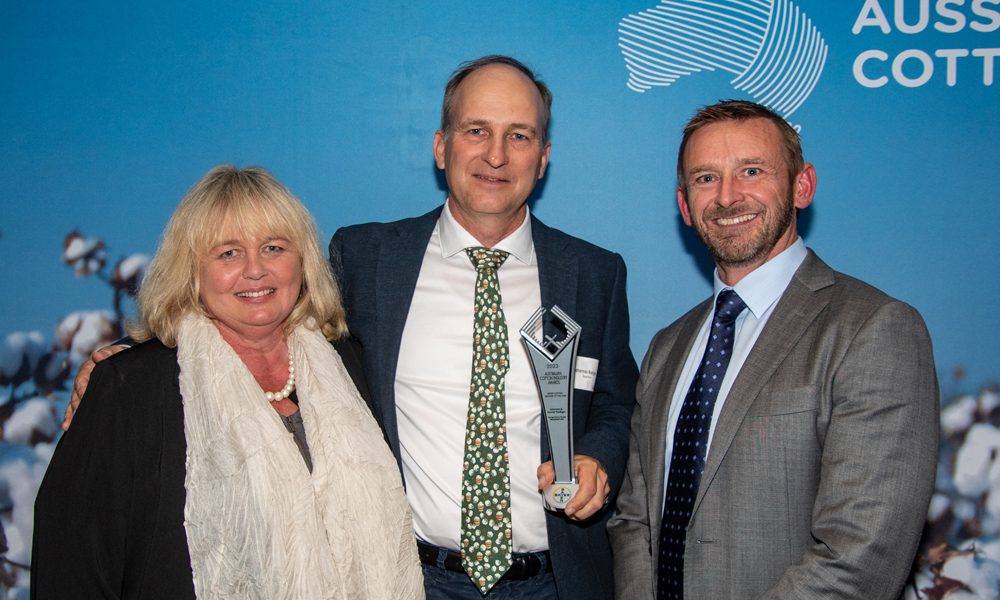

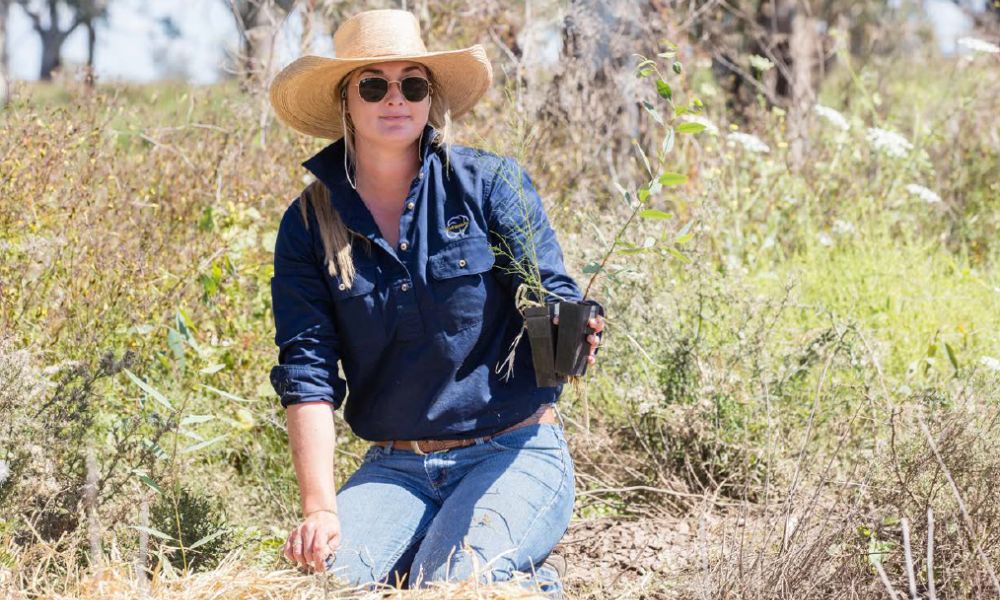
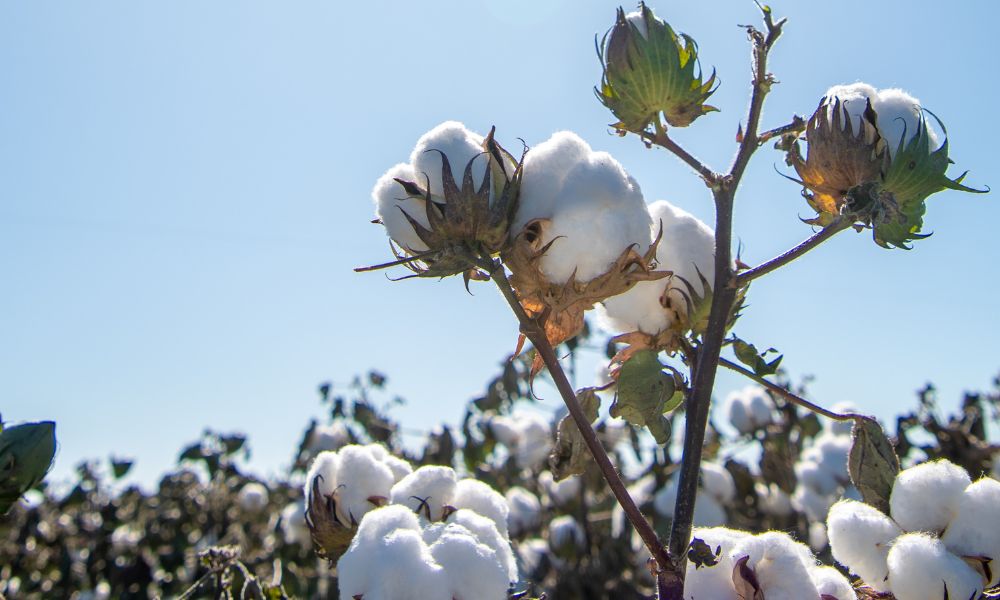

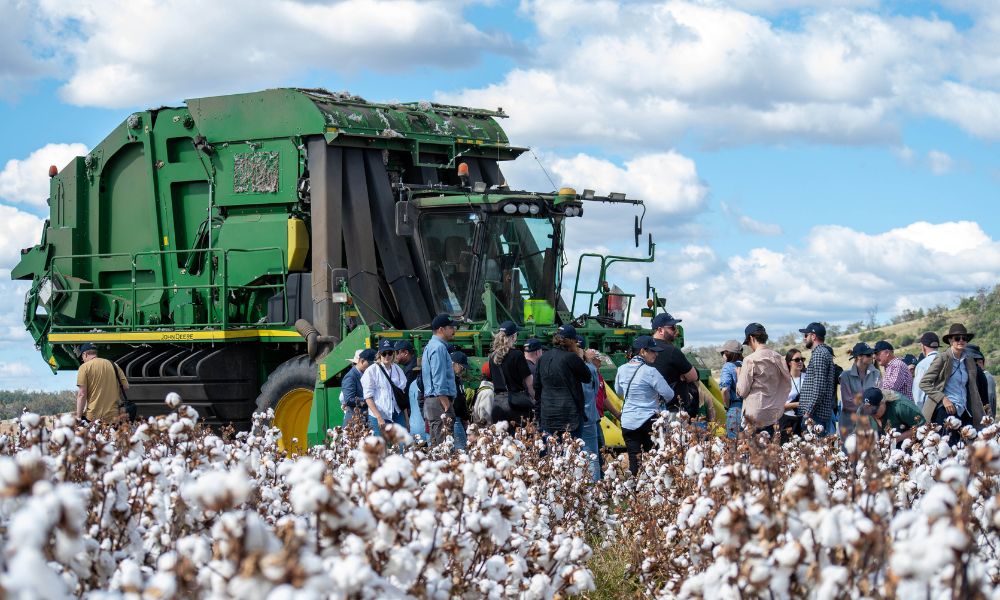
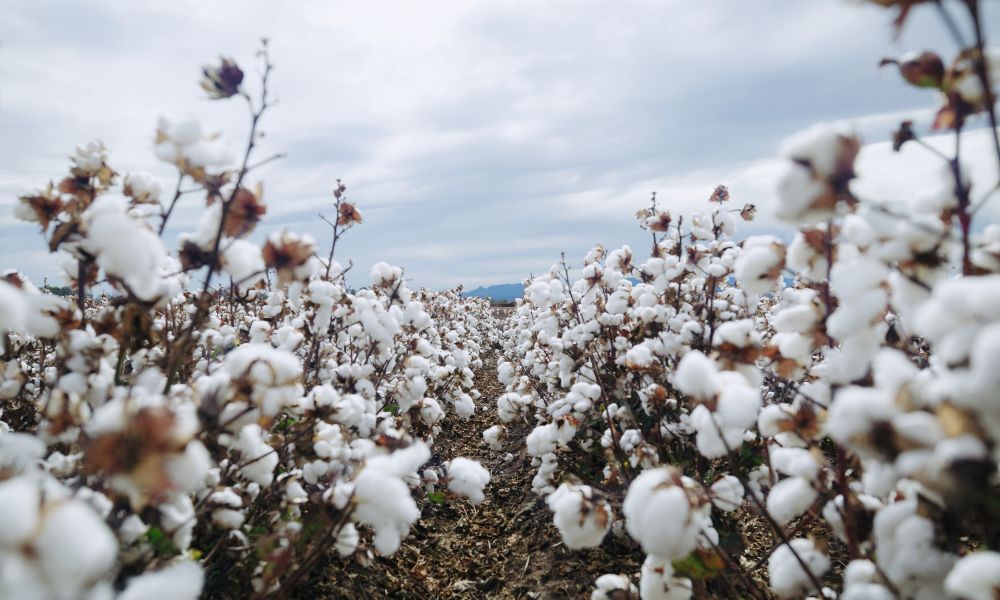
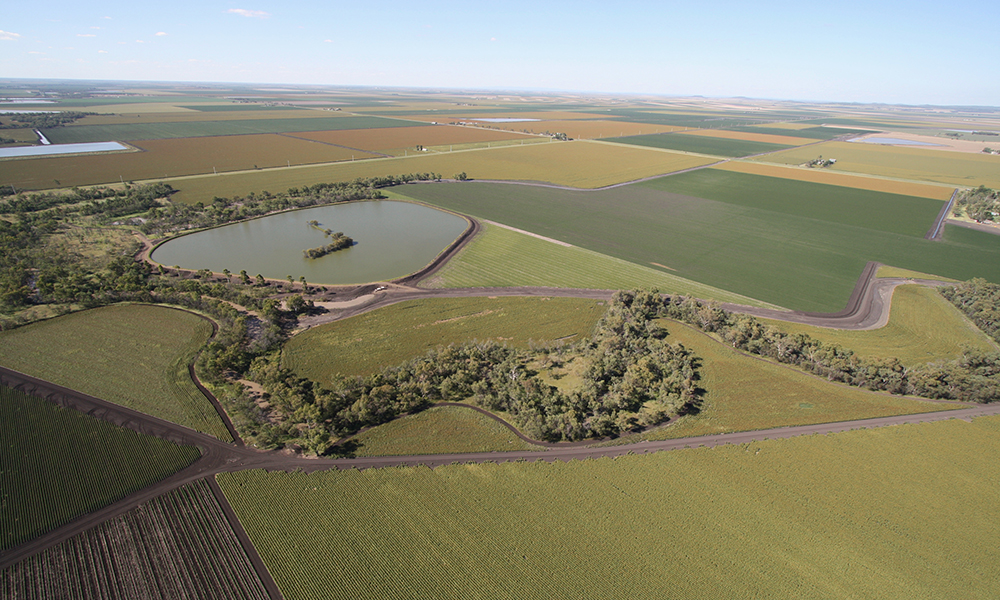
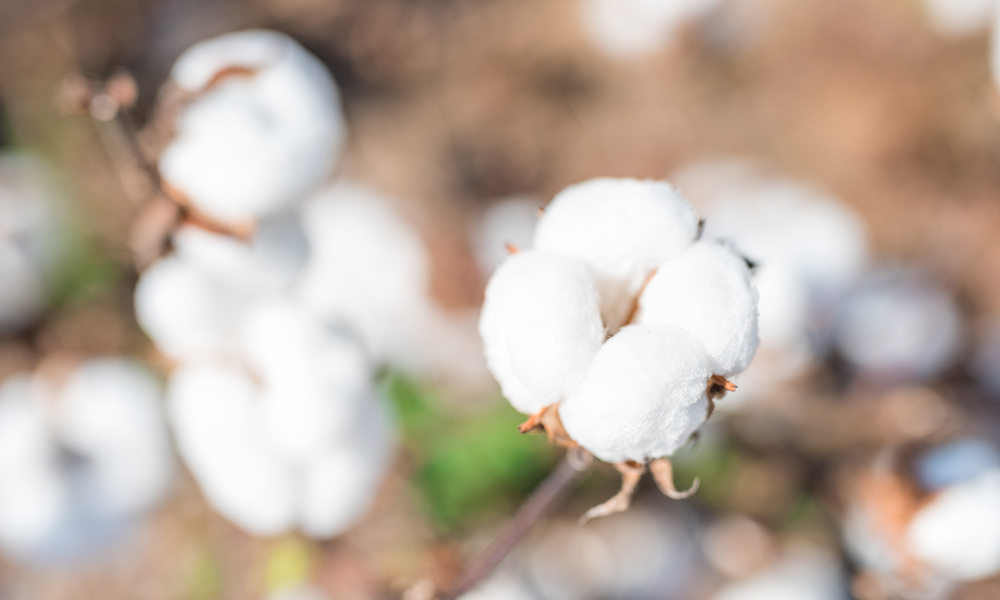

Recent Comments